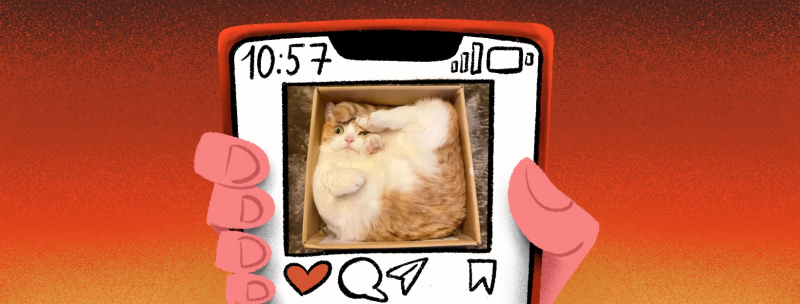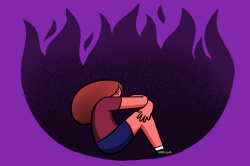- What is doomscrolling?
- Why do we do it?
- Why is it bad for us?
- How to stop the cycle?
- What if I miss important news? Are there ways to keep up without losing your mind?
What is doomscrolling?
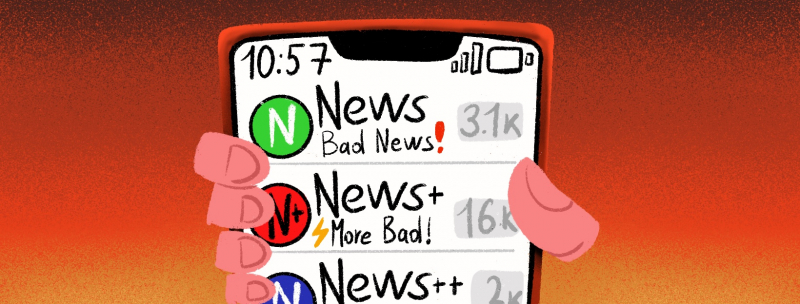
Why do we do it?
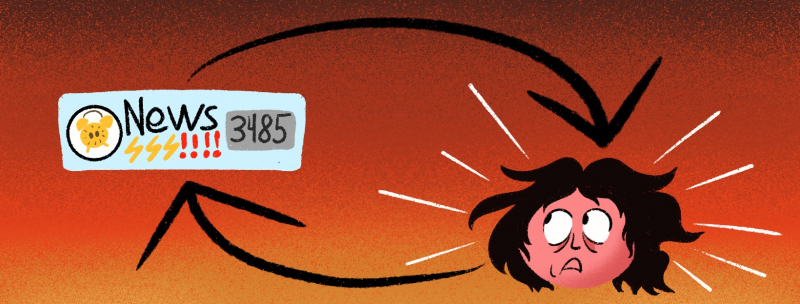
Why is it bad for us?

How to stop the cycle?
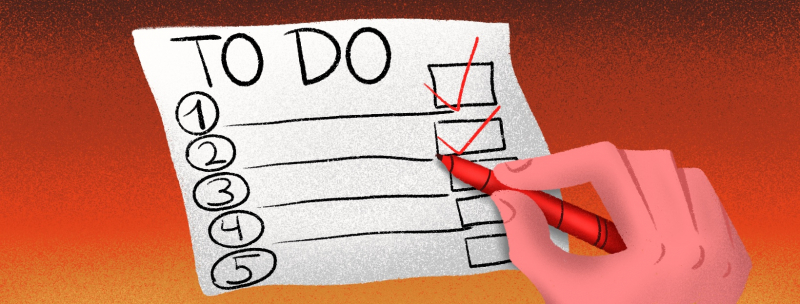
- Turn on the dark mode on your phone. If you turn on the night mode and dim your screen, you’re more likely to stop reading news all the time.
- Don’t scroll through your newsfeed while laying in bed. You should use your bed for sleep only.
- Socialize. When anxiety cripples you, give your family a call or even better meet them in person instead of spending another night on your feed. Social interactions are more important than we think.
- Exercise more. Any physical activity, be it running, dancing, or walking, is a tried-and-tested method to decrease anxiety.
- Try to read news only in the daytime and in limited time.
What if I miss important news? Are there ways to keep up without losing your mind?
